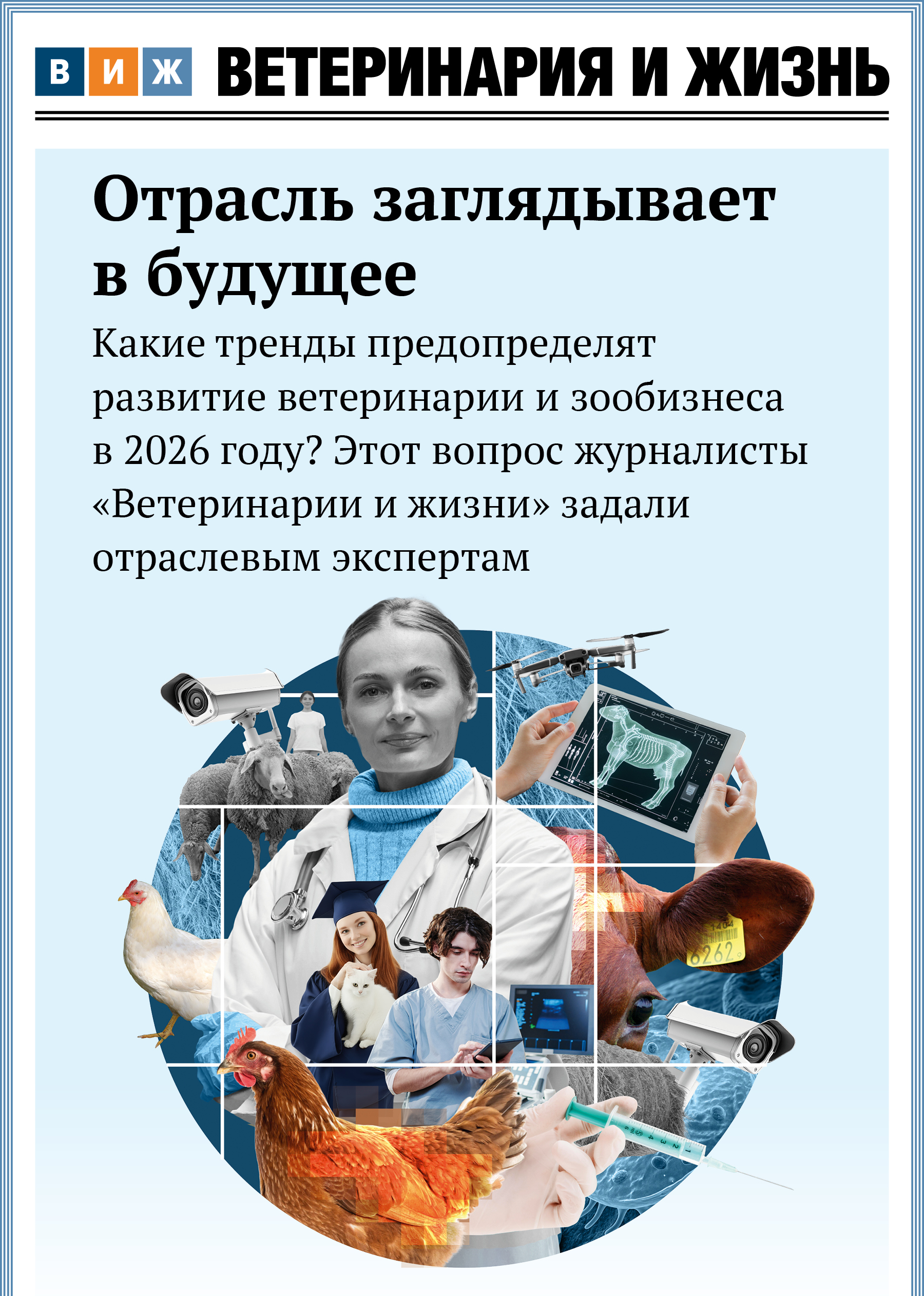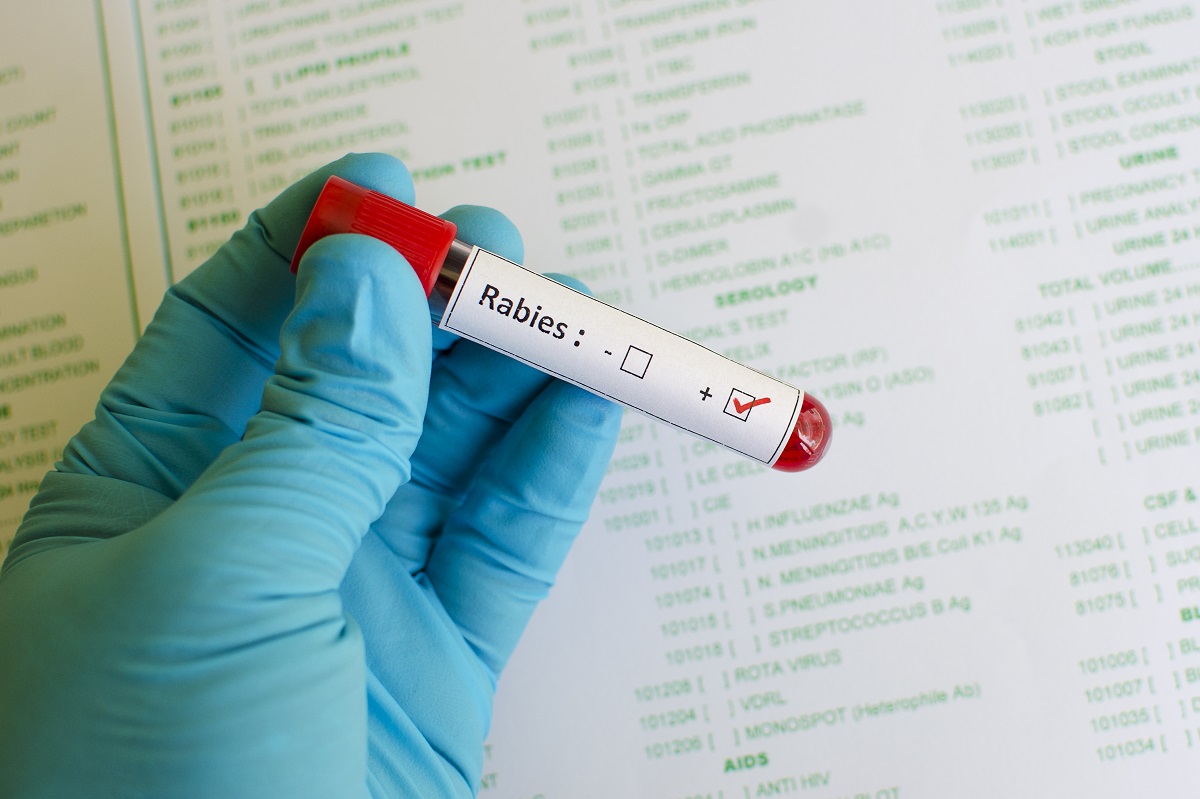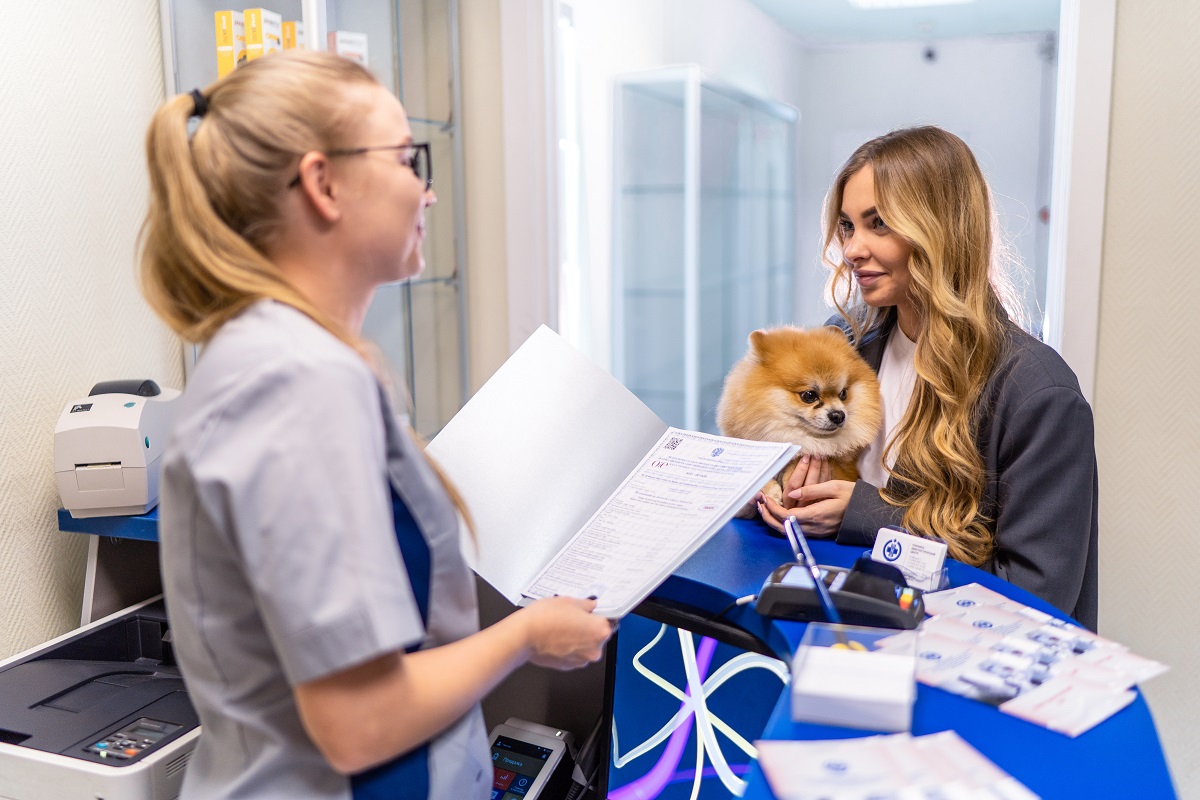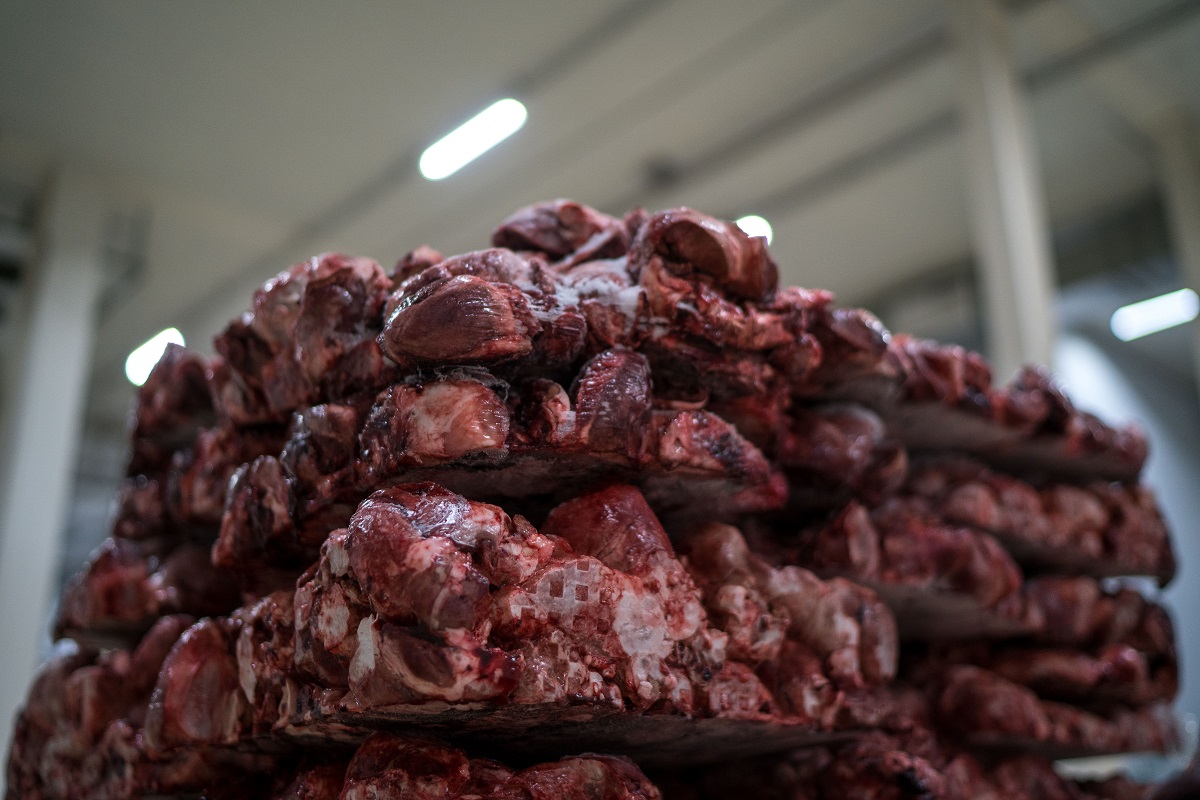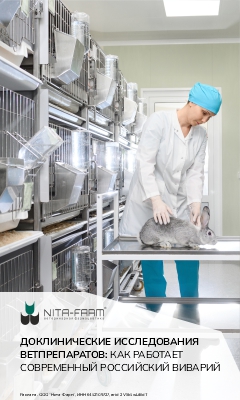The animal rabies cases were reduced in April as compared to March, when 81 cases were reported by experts.
The largest number of species infected with rabies were revealed among foxes – 24 cases. As Yulia Gribanova, a veterinarian, explained to V&L, a high incidence of rabies is observed in foxes from February to April, when males bite each other during the mating season, transmitting the virus.
Besides that, 21 and 8 cases were reported in dogs and in cats, respectively.
Some cases were also detected in cattle (6), raccoon dogs (5), small ruminants (2), horses (1), wolves (1), beavers (1), rats (1).
“Most cases were reported in Chelyabinsk, Samara, Vladimir, Smolensk, Nizhny Novgorod regions, in the Republic of Khakassia and the Krasnoyarsk Territory,” the FGBI “CNMVL” representatives told V&L.
The experts are reminding that rabies is a deadly virus, that can be transmitted to humans through the bite of an infected animal. According to Rospotrebnadzor, in 2021 six people were diagnosed with rabies in Russia. “Rabies is a severely hazardous acute viral infection with a 100% mortality rate. It can only be prevented, a cure for an already developed disease doesn’t exist” said the experts.
Information Note: Rabies is an infectious disease caused by the Rabies virus. The virus causes encephalitis (inflammation of the brain) in animals and humans. It travels along neural pathways into the central nervous system and affects the brain.
People get infected through animal bites, scratching, or licking (the virus being transmitted through saliva). To prevent infection, wounds and other areas that have been in contact with saliva have to be washed thoroughly with soap and running water, then hydrogen peroxide and iodine should be applied.
After that one should seek immediate medical attention and take a course of anti-rabies vaccination (immunization against rabies).


